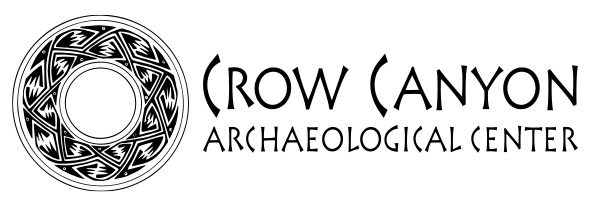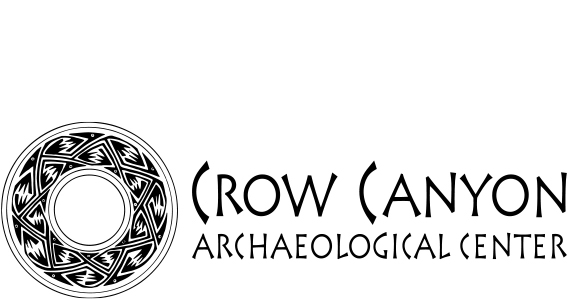John Kantner was the third Lister Fellow. John is a native of New Mexico who conducted undergraduate research at Colorado College and received his Ph.D. from the University of California, Santa Barbara. His current research is shaped by an interest in the interplay of cooperation and competition in human society, especially the role of these behaviors in the development of sociopolitical complexity and economic inequality, and in the application of neo-Darwinian evolutionary theory to these problems. To pursue these goals, John has developed a range of methodological interests. He is a ceramicist who focuses on both microstylistic and compositional analysis. His research also incorporates extensive use of spatial analysis, including geographic information systems, which he developed through training at the National Center for Geographic Information Analysis at U.C. Santa Barbara. John’s commitment to disseminate the results of his research is reflected in his strong publication record and the award-winning Internet resources he has developed.
### 1997 Fellow Abstract
Anthropological scholarship has most often considered the development of sociocultural complexity to be a function of the need for group decision-making in the face of changing environmental conditions. In recent years, however, this view has come under scrutiny both for its failure to account for the empirical record and its theoretical dependence on untenable views of group adaptation and altruism. This dissertation starts from the premise that an improved view of sociopolitical change can be built from the perspective of methodological individualism through an examination of the effects of varying contexts on human decision-making. Building upon a foundation of evolutionary theory, the dissertation presents a model of sociopolitical change that focuses on self-interested behavior within social contexts. The model employs neo-Darwinian evolutionary theory to explore specific social and environmental contexts and their effects on human behavior, using modeling techniques from agent-based modeling, evolutionary biology, and behavioral ecology.
To evaluate the theoretical model, the development of the prehistoric Chaco Anasazi of the Southwest United States is examined. This society, which emerged in northwestern New Mexico around A.D. 900 and dissolved in the A.D. 1100s, was characterized by the development of complex multi-village organization that included evidence for inequality and sociopolitical differentiation. The research focuses on a 2,500 sq km study area that was once the location of at least a dozen communities that participated in the so-called “Chacoan system.” The dissertation tests expectations of the model by focusing on five communities. Two different lines of inquiry are pursued. First, elemental compositional analysis of ceramics from the communities was conducted to identify local patterns of production and exchange. Next, stylistic analyses were conducted on ceramic samples from these same communities in order to identify the differential use of specific design elements to symbolize group identity. The dissertation concludes that the results of the two analytical approaches are consistent with the expectations of the theoretical model of sociopolitical development, suggesting that the emergence of inequality and sociopolitical differentiation in the Chaco Anasazi case can be traced to context-dependent, self-interested human behavior.
John Kantner
1997 Lister Fellow




